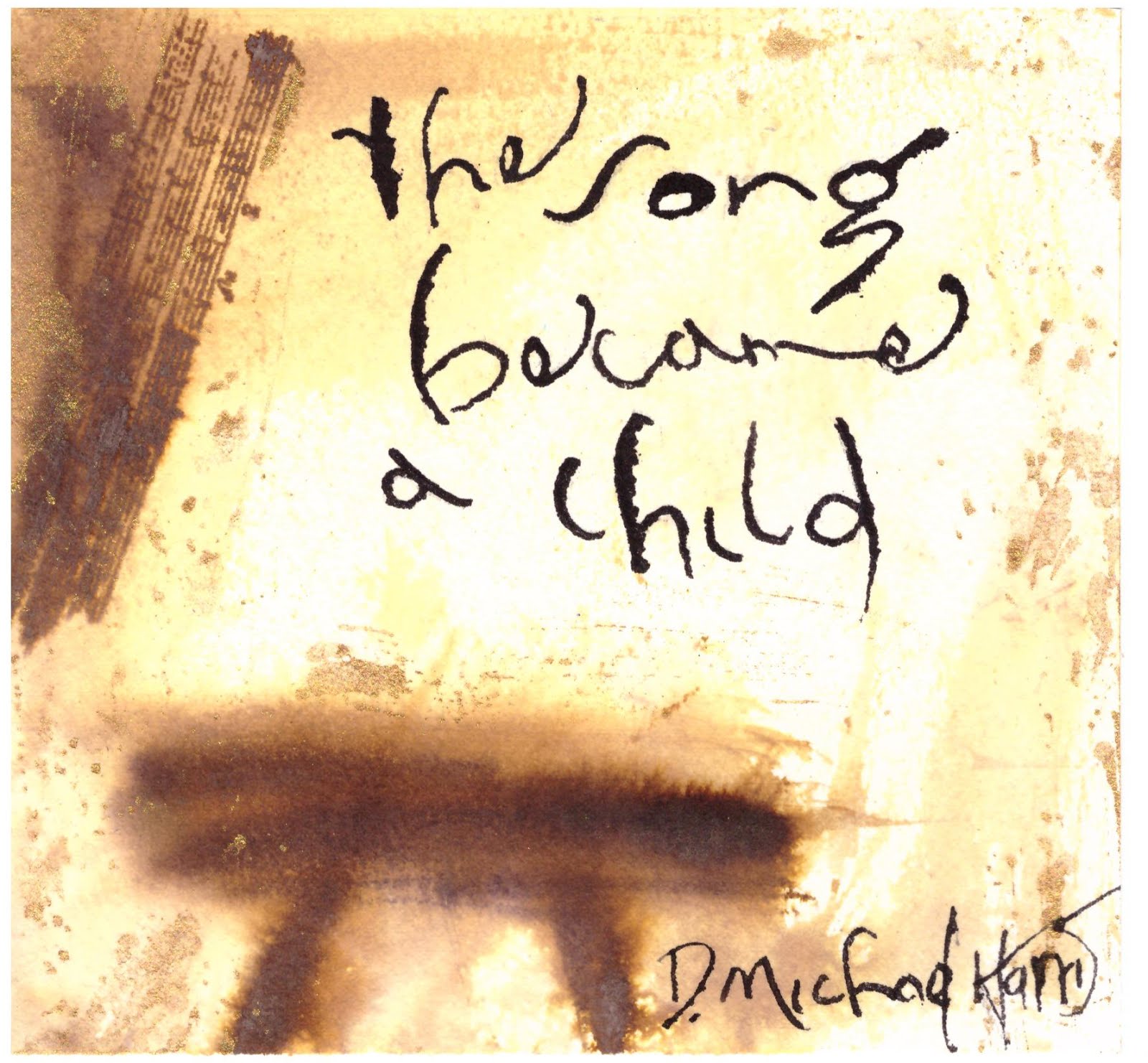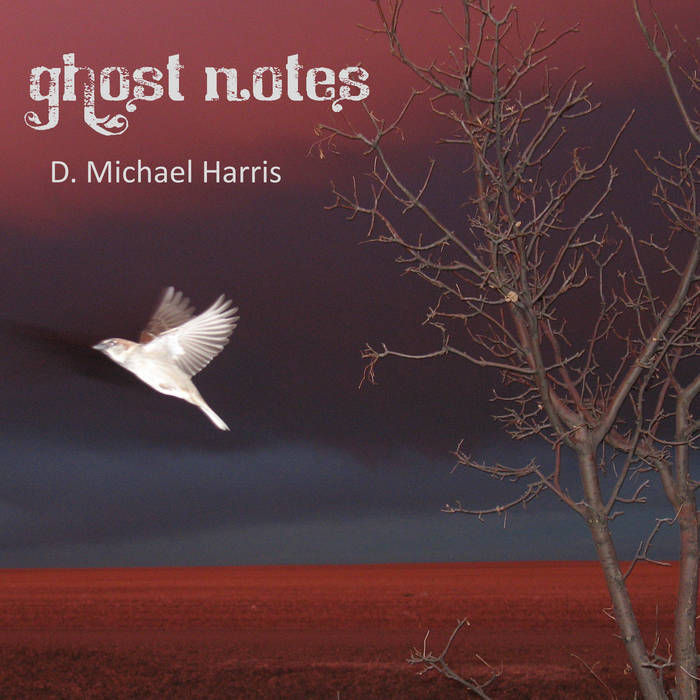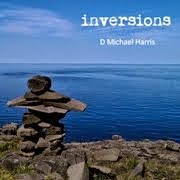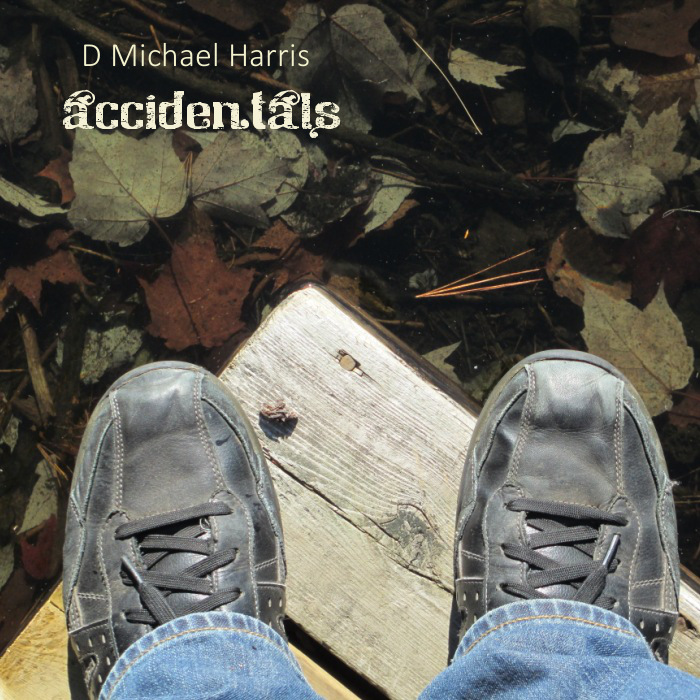It is also significnat as the first of many subsequent historical dramas which the prolific actor would go on to make. In addition to Apollo 13, the full list of real-life people Tom Hanks has portrayed on screen includes: Charlie Wilson, the US Congressman who organized American support of Afghanistan during the Soviet-Afghan war (Charlie Wilson’s War), Captain Philips, the American merchant mariner who was kidnapped by Somali Pirates in 2009 (Captain Philips), Walt Disney, the film-making visionary who brought Mary Poppins to the screen (Saving Mr. Banks), James Donovan, the lawyer who negotiated the exchange of Soviet and American spies in 1957 (Bridge of Spies), Sully Sullenberger, the pilot who landed a passenger plane on the on the Hudson River in 2009 (Sully), Ben Bradlee, the editor of the Washington Post who worked to break the Watergate Scandal in 1966 (The Post), Mr. Rogers, circa his 1998 Esquire magazine interview (A Beautiful Day in the Neighborhood), and Colonel Tom Parker, Elvis Presley’s notorious and dubious manager from 1955-77 (Elvis). Add to this the roles he played that were not, strictly speaking, historical figures, but were inspired by historical events, like Victor Navroski in The Terminal, or Carl Hanratty in Catch Me if You Can, and the full count of historical films he’s made clocks in at something over a dozen.
While each of these films handle their historical source material in their own unique ways, when you watch them back-to-back (the way my wife and I did in 2023), a number of consistent themes begin to emerge; Tom Hanks seems to have a particular “view of history” that informs his approach to the historical parts he’s cast to play. To begin with, it stands out remarkably how each of these characters made history especially by displaying great resilience in the face of daunting odds. With the exception, perhaps of Colonel Tom Parker, they are all characters who unexpectedly find themselves in emotionally taxing situations, and whatever mark they leave on history is really just the imprint of their courage and determination—Captain Sully’s calmness under the pressure of a failed plane engine, James Donovan’s commitment to uphold the law despite the political backlash, Ben Bradlee’s dogged determination to get the story of Watergate out no matter the cause. Neither is it simply courage in the abstract that he tends to draw out of these historical characters. More specifically, it is their moral courage: their dedication to principles and their commitment to virtues that inspire them to take history-making stands and make history-defining decisions.
If “history” has any over-arching meaning as a singular force in the films of Tom Hanks, it is, primarily, the arena in which the moral grit of individual lives are tested, proven, and, most importantly, memorialized.
From a Christian perspective, Tom Hanks’s interest in playing historical figures deserves special notice, since “history” has always played an important role in the Christian understanding of the spiritual life. The God of the Christian is no abstract deity, unaffected by the vicissitudes of history and standing off at some great remove, watching it all unfold dispassionately. He is, rather, a God of history, who has acted in history, and is, ultimately, sovereign over history. This is the meaning, for instance, of the scroll with the seven seals that we glimpse in the Book of Revelation; this is why a book like the Gospel of Luke takes such pains to historically situate the story of Jesus; this is one of the underlying meanings of the incarnation itself. Not for nothing does Paul insist that God sent his Son into the world “at just the right time” (Rom 5:6-8). Like a good Tom Hanks movie, the Christian Faith is also deeply interested in history—what does it mean, how does it influence the human heart, and where, ultimately, is it going?
Ultimately the Christian answer to those questions differs from anything we find in a Tom Hanks film. As I discussed in a previous post, very few of his films have much interest in exploring the idea that there might be something Divine taking responsibility for the world, a some Omniscient and Omnipotnet One, moving it all towards some higher purpose. But be that as it may, I think a Christian reading of the filmography of Tom Hanks would find much to resonate with, in his view of history as the backdrop against which people enact the stories that display their moral fibre. Only—the Christian would add—the full meaning of those stories, and the real value of that fibre, will not be fully seen until history itself is finally consummated by God in Christ.
In the meantime, though, I think there’s something to be learned in the way a good Tom Hanks character gives shape to the meaning of history, by responding to its unexpected and often overwhelming events with great integrity and principled grit.


























